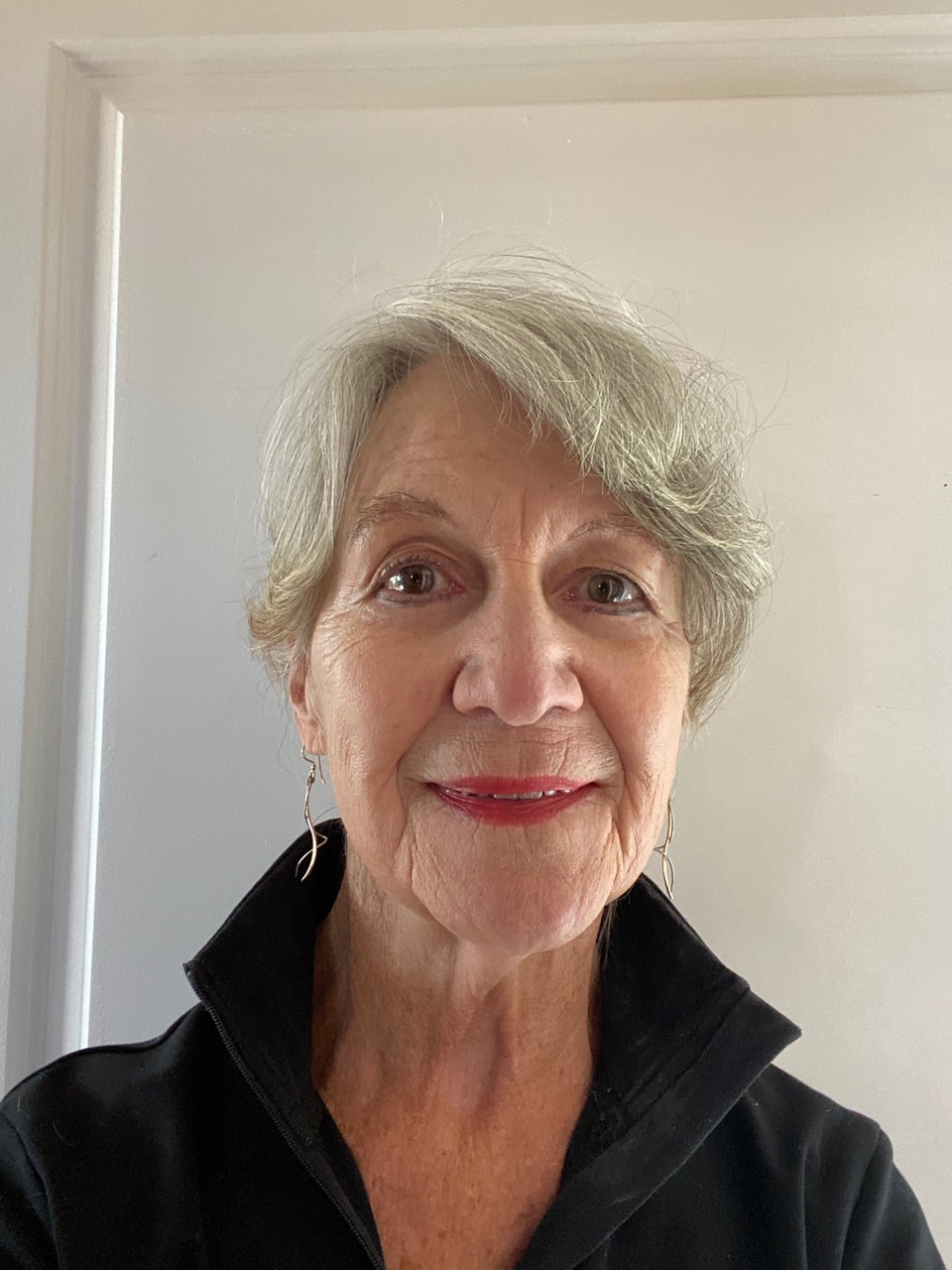 “We want to make sure the youth and families feel supported and learn about resources available to them” states Bruno Nora a Bi-Lingual clinician at Taos Behavioral Health (TBH) who is leading the new bi-lingual Learning Pods at TBH. At least 10 youth and their families will participate in a 14- week program that is facilitated by new funding and collaboration with the Taos Social Emotional Learning (SEL) Community Catalyst.
“We want to make sure the youth and families feel supported and learn about resources available to them” states Bruno Nora a Bi-Lingual clinician at Taos Behavioral Health (TBH) who is leading the new bi-lingual Learning Pods at TBH. At least 10 youth and their families will participate in a 14- week program that is facilitated by new funding and collaboration with the Taos Social Emotional Learning (SEL) Community Catalyst.
A New Community Resource
The SEL Community Catalyst is a powerful example of community cooperation and creativity. Affiliated with the national SEL network, our Catalyst is providing training in the principles of SEL for a group of 50 Taos community members working in mental health, early childhood, K-12, higher education as well as family members and community organizations. Twice monthly training/coaching sessions are designed to implement social-emotional learning concepts across all these organizations. Local participants supported the second national SEL Day on Friday, March 26 to communicate and celebrate the strength of this model.
Social Emotional Learning enables children and adults to learn and practice these concepts:
- Understand and manage emotions
- Set and achieve positive goals
- Feel and show empathy for others
- Maintain positive relationships
- Make responsible decisions
TBH New Program
TBH works with these principles in our clinical services with both youth and adults. We developed a Learning Lab proposal for funding through the Taos Educational Collaborative to serve the specific needs of bilingual families. Often “hidden “ from mainstream services, these families are particularly vulnerable .
In this project, Pods of no more than 5 youth, aged 5-18 will receive guidance for their academic assignments, participate in therapeutic group sessions, practice positive socialization, and enjoy lunch, snacks and outdoor activities. Funding has supported the purchase of desks, computers, instructional materials and COVID safe equipment. Support will also be extended to their families to communicate about available support services and help them navigate relationships with the schools. “We want to increase their awareness of services and empower them to take new steps” comments Nora.
Rich Training Begins
The group training for community members and professionals is led by Dr. Amy McConnell Franklin (who is a member of the TBH Board) and SEL coaches Elizabeth LeBlanc, Erin Clark, Nina Feliz Gonzales, and Taylor Jaramillo Etchemendy.
While SEL projects have occurred in Taos for many years, this is the first project to draw across many different organizations—particularly valuable as we cope with the effects of COVID-19 across all systems. Each month, a different SEL concept will be emphasized in training. The goal is to create an ever-enlarging group of community members who implement SEL principles in support of us all. Communication can be more successful and productive in support of youth and adults.
Accepting Referrals
The time is now to refer youth and families by calling TBH at 575-758-4297. Youth will begin to receive services the week of March 29. Services will be operated in the TBH main office complex at 105 Bertha St. in Taos. Transportation for youth and families will be available if needed.
TBH has the largest staff of credentialed and licensed behavioral health professionals in northern New Mexico. We can be reached at 105 Bertha St. for scheduled appointments, at 575-758-4297 or www.taosbehavioralhealth.org
Mary McPhail Gray is the Co-Chair of TBH and can be reached at 575-779-3126 or mcphailconsulting@gmail.com

